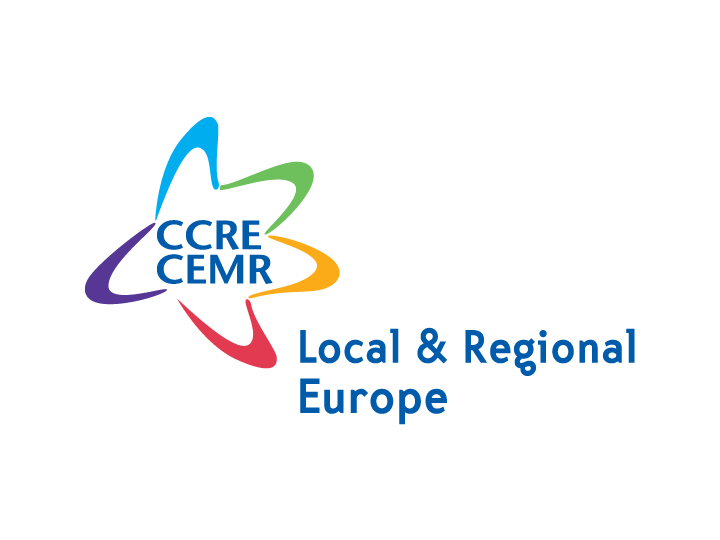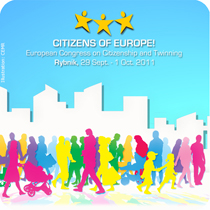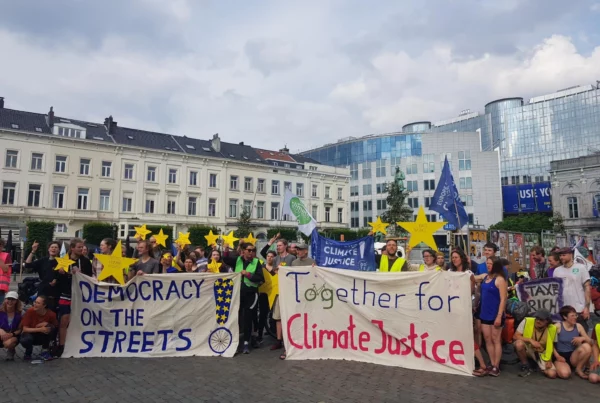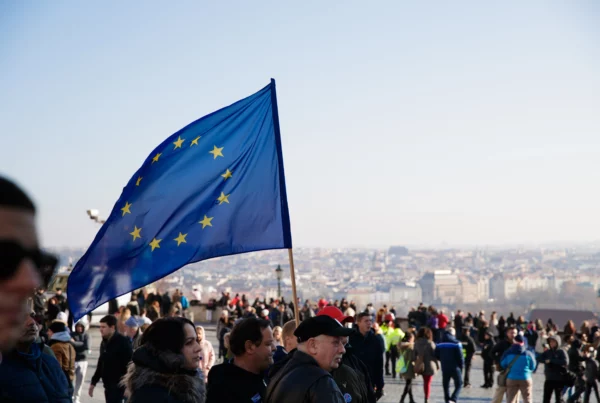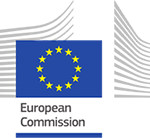Day two of the Congress on Citizenship and Twinning workshops
Over 300 representatives from local and regional government, the European institutions, the Polish European Union presidency and civil society as well as experts in the field of citizenship and town twinning have gathered.in Rybnik, Poland at the occasion of the European Congress on Citizenship and Twinning, from 29 September to 1 October 2011.
Participants met on 30 September to discuss a number of subjects including a Europe without borders, gender equality, and twinning as a means of bringing Europeans together. Also debated was education as a means of promoting European citizenship and the transmission of memory, intergenerational society, and Europe opening up to its neighbour regions.
The Congress is organised by the Council of European Municipalities and Regions (CEMR), in partnership with the Association of Polish Cities, a CEMR member association, and the City of Rybnik, with the financial support of the European Commission and under the patronage of the Polish EU presidency.
A Europe without borders – what realities for citizens?
'The current political, economic and social situation in Europe has led to racism gaining a political hold notably through extreme right movements," explains Juan De Dios Ramirez Heredia, former MEP and current president of the Spanish Rromani Union. 'Through culture and education we can lead a revolution of ideas and words to tackle intolerance." Jan Olbrycht, member of European Parliament, further declared that 'the European community should remain positive and combat the current fear of the unknown through solidarity".
Gender equality… but what kind of equality?
Ewa Samuelsson, vice-mayor of the city of Stockholm, underlined the work that still needed to be done in the field of gender equality as 'inequality hinders the growth of individuals, the development of countries and the evolution of societies to the disadvantage of both women and men." In order to tackle these inequalities, CEMR is working toward the launch of an observatory for its European Charter for Equality of Women and Men in Local Life, which boasts 1 050 signatory local and regional authorities to date. 'It has come to CEMR's attention that many signatory municipalities and regions have been unable to set up concrete action plans due to a lack of expertise," explains Françoise Gaspard, French sociologist and politician, 'while others have found it difficult to evaluate the results of their initiatives. Thus, the observatory will help with the implementation of action plans, provide a platform for exchange as well as training sessions with experts in the field of gender equal opportunities."
Twinning: bridges bringing Europeans together
Sophie Beernaerts, head of the European Commission Europe for Citizens Unit (DG Communication), stated that 'it will be impossible to double the post-2013 'Europe for citizens" programme's budget but our objective is to maintain a similar one." She also declared that the current programme 'has little impact on EU policies but we are striving change this with the new 2014-2020 programme". Workshop participants underlined that, while pleased that the programme budget would not be cut, that it was insufficient for maintaining the twinning movement in Europe. In his message, Bülent Tanik, vice-president of CEMR, mayor of éanka, Turkey, said: 'It is important to promote modern, high quality twinning initiatives and exchanges to bring citizens closer together".
Citizenship education and transmission of memory
"Today, few traces remain of the atrocities committed in the 20th century. Local governments must step up their efforts so that the past does not repeat itself." Such was declared by Claude Du Granrut, former councillor of the Picardie region in France. These remarks were illustrated by mayor of Goldap, in Poland, and vice-president of the Association of Polish Cities, Marek Miros, who presented an exchange programme developed between young people from three municipalities in Poland, Germany and Isael. The representative of the European Commission, Pavel Tychtl, said that funding for twinning activities in the field of the transmission of memory is available through the EU "Europe for Citizens" programme. Malgorzata Pakier, a professor from the Museum of the History of Polish Jews and Warsaw school of social sciences, stated that memory should not be selective and that self-criticism of national history is essential in this process. "Memory must also create a link between our past and our present," declared Françoise Vergès, president of the Committee for the Memory and History of Slavery.
Intergenerational society for cohesive development
'The intergenerational dialogue is an essential element in the transmission of knowledge and values," expressed Marjan Sedmak, president of the AGE-Platform. 'Town twinning can notably help today's elderly and younger population develop interesting and useful actions for the local community together." Bernd Vöhringer, mayor of Sindelfingen, Germany, shared an initiative with the workshop participants whereby a group of elderly person coached young students from problematic backgrounds or with academic difficulties, including mock job interviews.
Europe XXL – Opening-up to its neighbours
Participants agreed that it is vital to implicate civil society in the process of decentralization and, as stated by Antonella Valmorbida, director of the Association of Local Democracy Agencies (ALDA), 'there is no development, no peace, no stability without decentralization. In neighbouring countries there can be prosperity but resources have to be shared for the sake of human development."
rn

Climate, Sustainable Finance Officer
